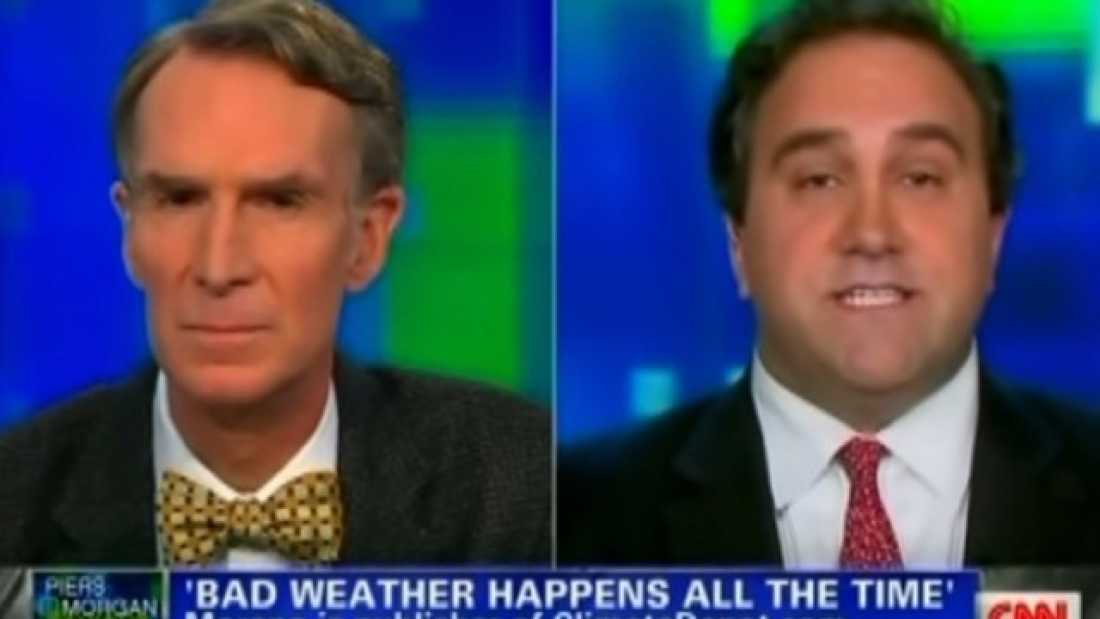Richie Bartlett
There is no debate in established scientific, peer reviewed facts! There are, unfortunately, many quacks that hold or create unsubstantiated claims for their own agendas.More to the point: You don’t need public opinion on a fact.BBC Told To Stop Giving Equal Time To Science Deniers

“There’s two sides to every story.” We were all taught that line as children in order to to stop seeing the world in such black-and-white terms. It is also a good rule of thumb for journalists in order to provide a well-rounded representation of a reported topic, isn’t it? Not always- particularly when it comes to scientific facts. When certain scientific topics are discussed on television programs, there is usually an expert in the field pitted against someone with fringe beliefs not supported by evidence.
For instance, a conversation about climate change will involve a scientist as well as someone who claims Earth is actually cooling. When discussing an outbreak of preventable disease, an immunologist will cite the merits of vaccination against a Mommy Blogger who uses Natural News as an information source and believes vaccines are poison. This gives merit to pseudoscience cranks, detracts from the actual science, and creates the illusion of a debate in the scientific community where there is none.
The BBC Trust has had enough of this model and released a progress report outlining the steps it has taken to improve the integrity of its science reporting. The groundwork for this report actually began in 2010 when Steve Jones, an Emeritus Professor of Genetics from University College London, was asked to assess the BBC’s science content for accuracy and impartiality.
Jones released his findings in 2011 and revealed that while the BBC’s science reporting was pretty good overall, it gave too much weight to those whose fringe views are not well-accepted within the scientific community. “Due impartiality” by presenting two opposing viewpoints may be better served by “due weight” and making it clear how credible certain arguments actually are. BBC Executives immediately began to implement changes to bolster scientific integrity.
The current July 2014 progress report by the BBC Trust revealed that 200 of their senior managers have undergone training which explained that while scientific research can and should undergo proper scrutiny, it is important to reflect the actual scientific weight of any critical arguments to scientific announcements. They have been trained to prevent giving unwarranted attention to unqualified critics who report unsupported fringe opinion as fact.
The report states:
Well done, BBC! Other major news outlets would be well-advised to follow suit.
Video (38 minutes) 🔗
Bill Nye, Marc Morano on Global Warming
On opposite ends of the issue, Bill Nye and Marc Morano debate Global Warming, and CO2</sub

